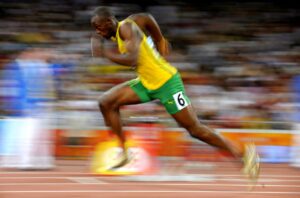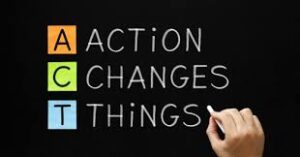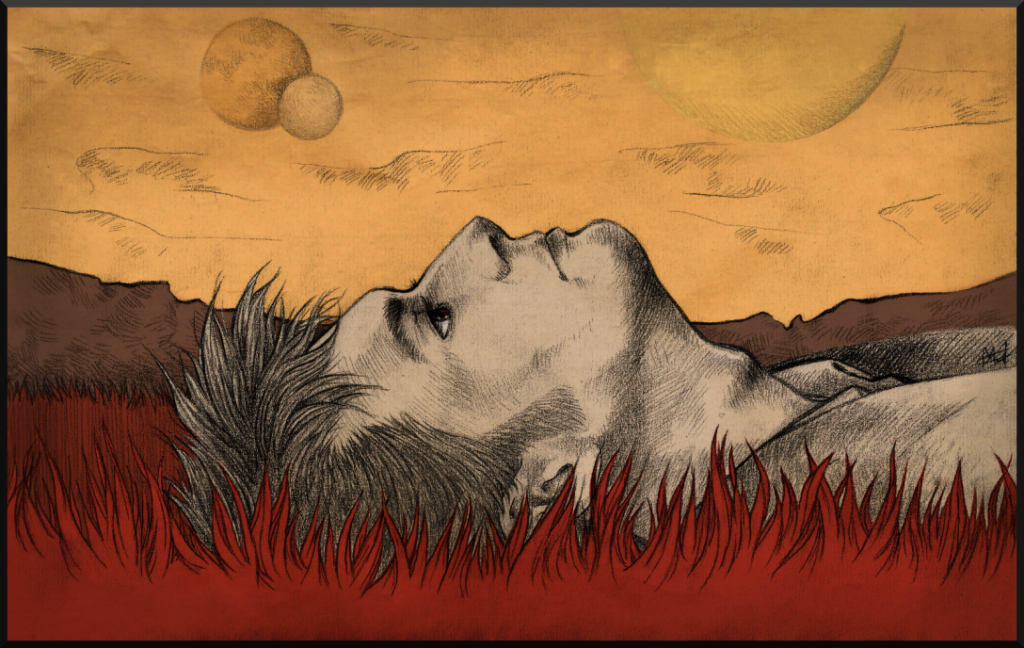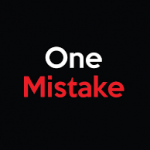You are out running in the park. Instead of your mind thinking about the office tasks on Monday, your attention is focused on the act of running and nothing else. You can feel the ground beneath your feet, the tension in your legs and how you are feeling as you breathe in and out. You are somehow completely focused on this and nothing else seems to matter. Suddenly you notice you have been running for twice as long as usual and you are not even tired.






 You go shopping for office clothes – and end up with three casual shirts and two pairs of jeans you just knew you wanted. You decide to go for a salad and soup meal and end up in an expensive restaurant with an impressive menu and end up ordering much more than you can eat. None of these incidents is unusual, but as time passes, your choices amount to a mounting and consistent trade off: You’re choosing pleasure now in exchange for some possible financial discomfort in the future.
You go shopping for office clothes – and end up with three casual shirts and two pairs of jeans you just knew you wanted. You decide to go for a salad and soup meal and end up in an expensive restaurant with an impressive menu and end up ordering much more than you can eat. None of these incidents is unusual, but as time passes, your choices amount to a mounting and consistent trade off: You’re choosing pleasure now in exchange for some possible financial discomfort in the future.
Recent Comments